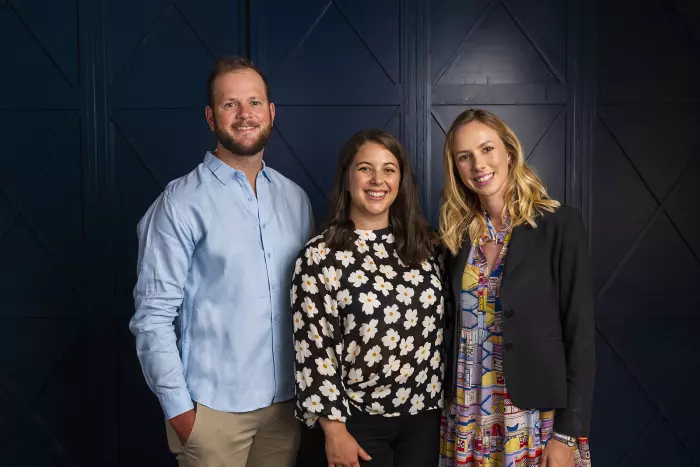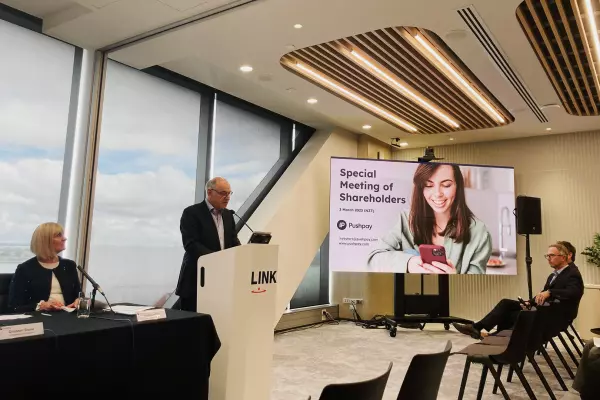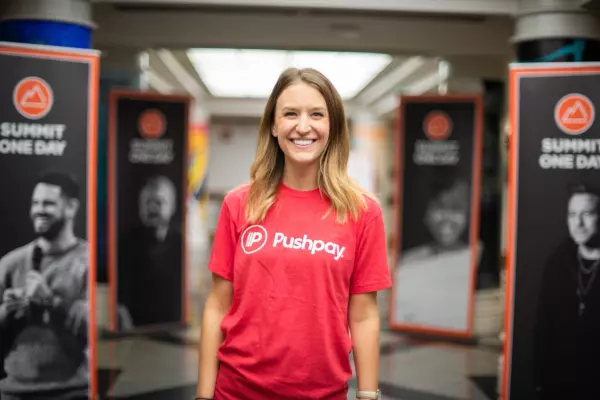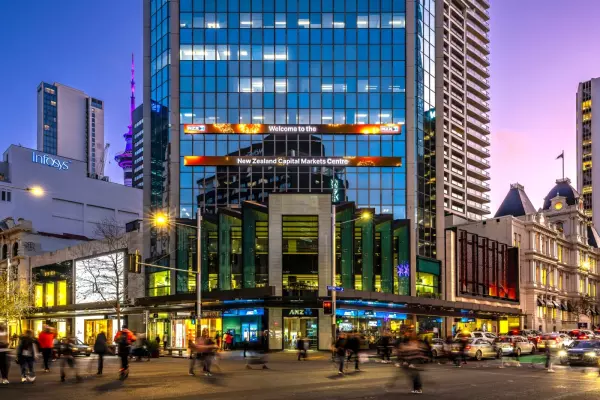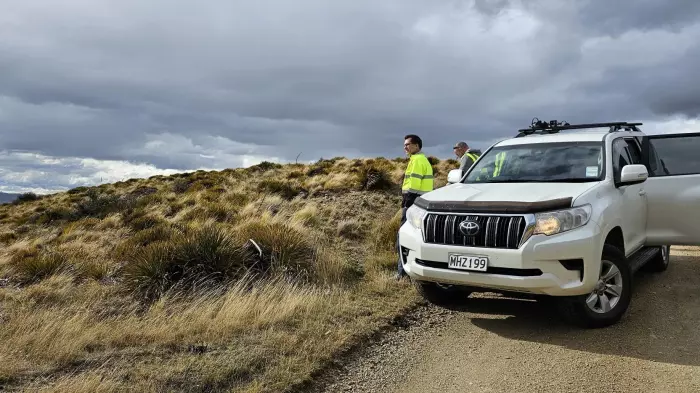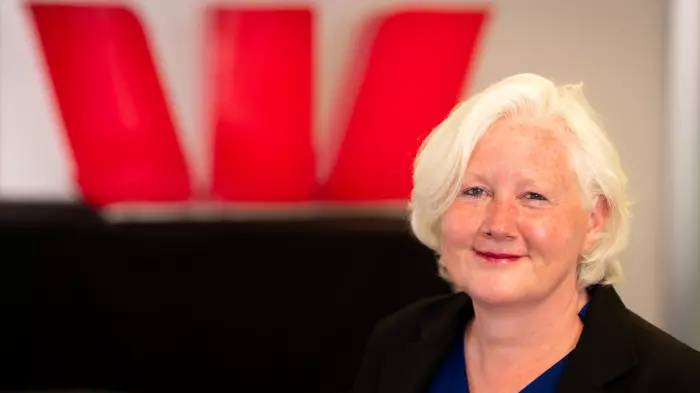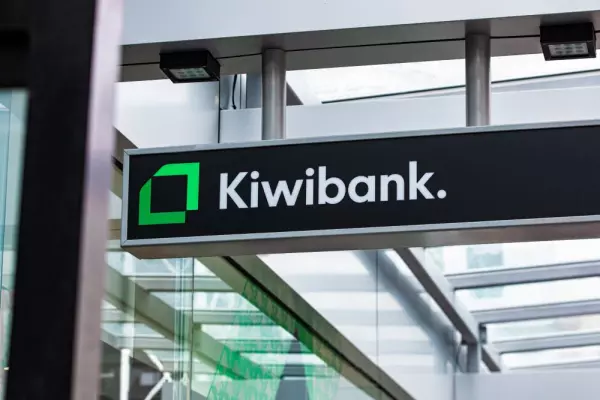More than 300,000 New Zealanders may have given up on plans to buy a house as prices have sky-rocketed during the past 12-months, a Sharesies survey suggests.
The survey, conducted by data insight firm Kantar, found 27% of non-homeowners say they do not want to own a property, up from just 12% to 13% in the previous three years.
This would mean there are approximately half a million people who are not aiming to ever buy a house, with as many as 300,000 reaching that conclusion in the past year.
The sudden spike was likely due to housing becoming increasingly unaffordable, with 23% of respondents feeling they will not be able to afford to buy – compared to just 16% last year.
Sharesies’ co-founder Brooke Roberts said unattainable houses prices were contributing to the elevated level of retail investors in the share market.
“House prices have been rising and now with interest rates going up, it is feeling like it’s just going to be more expensive and more difficult to even get to the ability to get a deposit together,” she told BusinessDesk.
Her platform has grown rapidly during the pandemic as people sought to take advantage of low-interest rates bolstering equity prices after the global crash in February 2020.
Tougher by the minute
Now, it is possible that climbing interest rates will drive a different type of investor into the share market, as mortgages on homes become even further out of reach for some.
Isobel Jackson, a 26-year-old from the Bay of Plenty, told BusinessDesk she had spent years “squirrelling away” money for a house deposit.
This meant “following a budget strictly, being super stingy, and making sacrifices,” she said, but it hasn’t been enough.
“Over the last 6-8 months, I haven’t stopped saving but all hopes of it going towards a house are out the wazoo,” she said.
Jackson is now looking to invest elsewhere, with the share market a likely alternative.
There are countless stories like this: an Auckland-based photographer and studio manager said she was looking at buying a single-bedroom apartment but was caught by stricter lending rules.
“The mortgage broker basically told me home owning is impossible on one income these days. Most people my age are buying with friends,” she told BusinessDesk.
An environmental consultant in Wanaka, Rachel Cooper, said she had given up on buying with her partner after a house listed in her price range at $700,000 ended up selling for $1.7m.
“We’ve decided to buy a campervan and live in that instead. It will help us save a bit more money and will be fun in the meantime,” Cooper said.
Data from property analytics firm CoreLogic data showed the average house price in New Zealand had climbed 27% to $937,000 in the 12-months ended August.
Home ownership is already at its lowest level since 1951, according to Stats NZ, with just 65% of households reporting owning their home in the 2018 census.
Share market substitute
Shamubeel Eaqub, an economist at Sense Partners and author of Generation Rent, said increasing prices were putting deposits out of reach for more people.
He said there were some benefits to renting, mainly the flexibility, but generally, homeowners were better off financially and the sharemarket wasn’t an exact equivalent alternative.
Housing investments have significant advantages over equity investments, both for tax reasons and the ability to take on debt to make the purchase.
“The difference in owning shares versus housing is leverage. You can buy a house with a 20% deposit and borrow the rest. Shares you need 100% of your own money,” Eaqub said.
Sharesies’ Roberts told BusinessDesk users of retail platforms were often investing as a pathway to a house deposit, or as a sidecar investment to home ownership.
“What we do find is that one of the main reasons people withdraw from their Sharesies account is for a first home deposit,” she said.
But the use of retail investment platforms is particularly strong among demographics who just a few years ago would have been getting straight onto the property ladder.
A nationally representative survey from Finder showed 26% of all New Zealanders, or 950,000 people, use a share trading app or platform such as Sharesies or ASB Securities.
Millennials are the most likely age group to be using these apps, with 42% signed up, compared to just 11% of baby boomers – who are much more likely to own their own home.
The survey also found those from the cities, where house prices are higher, are more likely to be online trading than Kiwis from regional areas, at 32% and 22% respectively.
Chief executive of Stake, Matt Leibowitz said the unaffordability of housing was “a massive part” of the attraction to retail investment platforms.
“Not only is it inaccessible and complicated; it’s also quite an emotional and anxiety-ridden experience and then the prices are keeping you from even starting that journey”.
Direct investment into listed companies is now “miles ahead” of property in terms of accessibility, he said.
“I think as more people go into the equity market, they're realizing they can do this now and don't have to only make money in property – which has historically been the big thing in New Zealand and Australia”.


